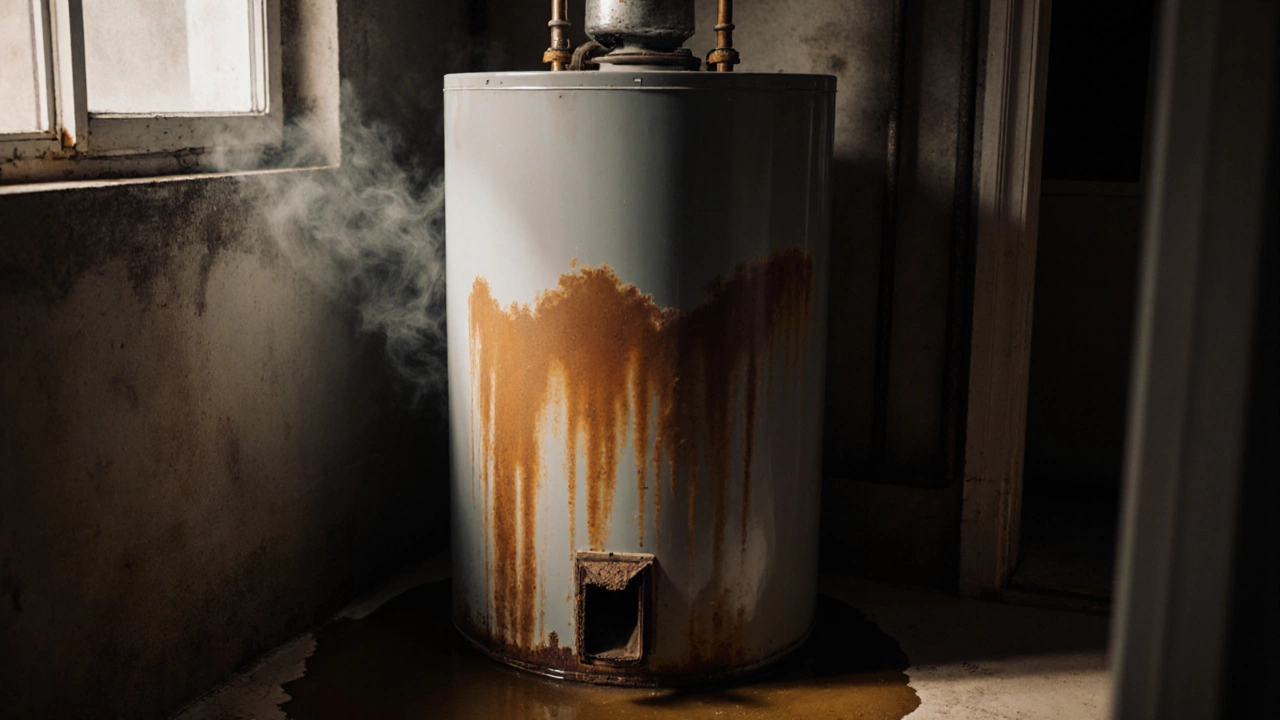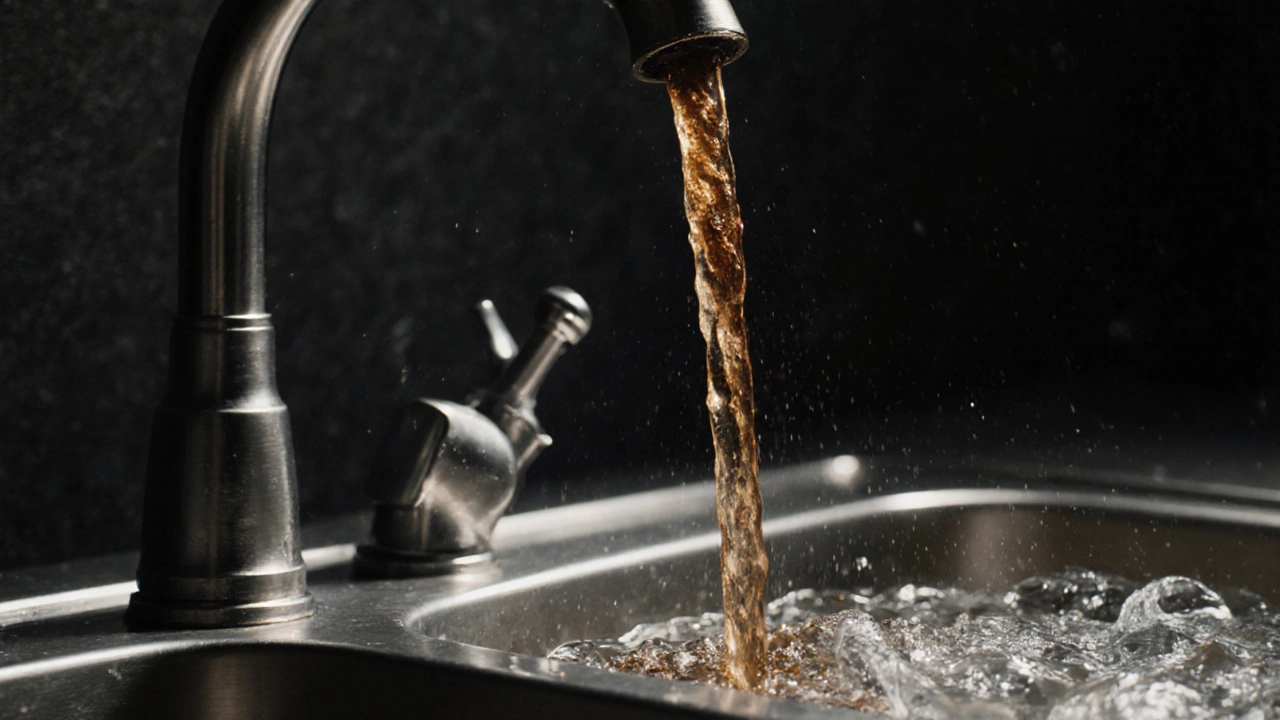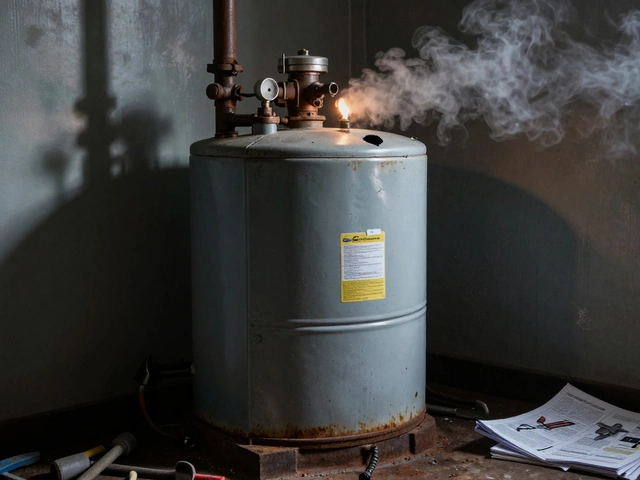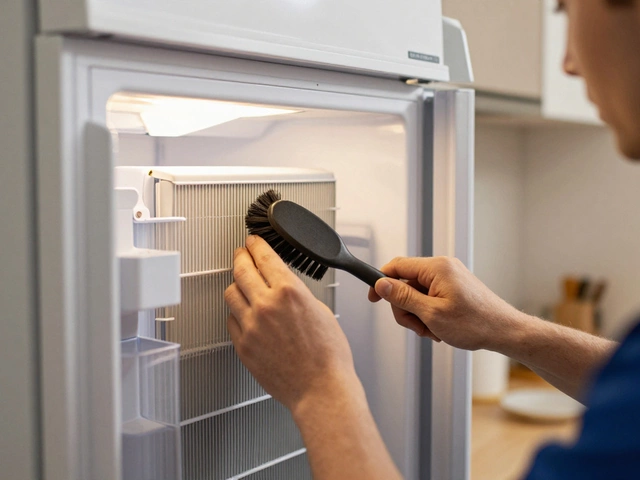Leaking Water Heater: Common Causes, Fixes, and When to Call a Pro
When your leaking water heater, a home appliance that heats and stores water for showers, sinks, and laundry. Also known as a hot water tank, it’s one of the most taken-for-granted systems in your house—until it starts dripping. A small puddle under the unit might seem harmless, but it’s often a warning sign. Water heaters don’t just leak because they’re old—they leak because something inside has failed, and ignoring it can lead to bigger damage, higher bills, or even a flooded basement.
Most leaking water heaters, a system that relies on pressure, temperature, and internal components like the anode rod and tank lining have one of five clear causes: a corroded tank, a faulty pressure relief valve, loose pipe connections, a broken drain valve, or a cracked heating element. If the leak is coming from the bottom of the tank, it’s usually rust inside—meaning the tank itself is done for. No patch will fix that. But if it’s dripping from the top near the pipes or valves, you might just need a new part. The pressure relief valve, a safety device that releases excess pressure to prevent explosions is a common culprit. It’s cheap, easy to replace, and often overlooked. A quick test? Lift the lever—if water keeps flowing after you let go, it’s stuck open and needs replacing.
Some people panic and think a leak means they need a brand-new unit right away. But not always. If your water heater is under 8 years old and the leak is from a valve or fitting, repair is usually the smarter move. If it’s 12+ years old and the tank is leaking, replacement is almost always cheaper in the long run. Old units use more energy, break down more often, and don’t come with modern safety features. You can also check the anode rod, a sacrificial metal rod that protects the tank from corrosion. If it’s eaten away, the tank is next. Replacing the rod every 3–5 years can double your heater’s life.
And don’t forget safety. If your water heater is electric, always turn off the breaker before touching anything. For gas models, shut off the gas valve. Water and electricity don’t mix—and neither do gas leaks and sparks. Many of the posts below walk you through resetting a water heater, checking for leaks, or deciding if it’s time to replace. You’ll find real fixes from people who’ve been there—not theory, not guesswork. Whether you’re dealing with a slow drip, no hot water, or a tank that’s seen better days, the guides here give you the facts to act fast, save money, and avoid making things worse.
Watch for signs like no hot water, strange noises, leaks, rust, or high bills-these mean your water heater is failing. Don’t wait for a burst. Replace it before it floods your home.
Learn the key signs your water heater is failing-rusty water, strange noises, leaks, and more. Early detection saves you from costly repairs and sudden breakdowns.



